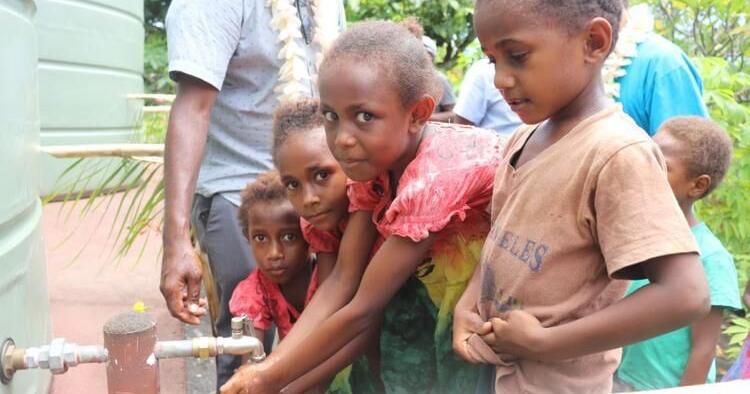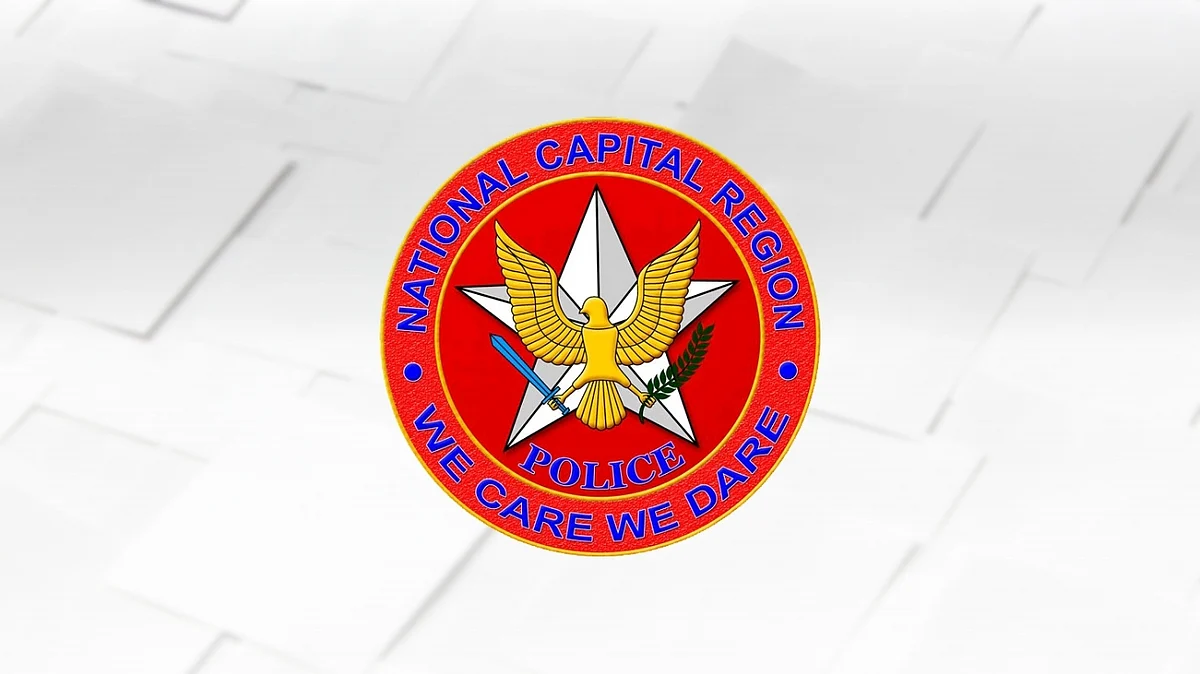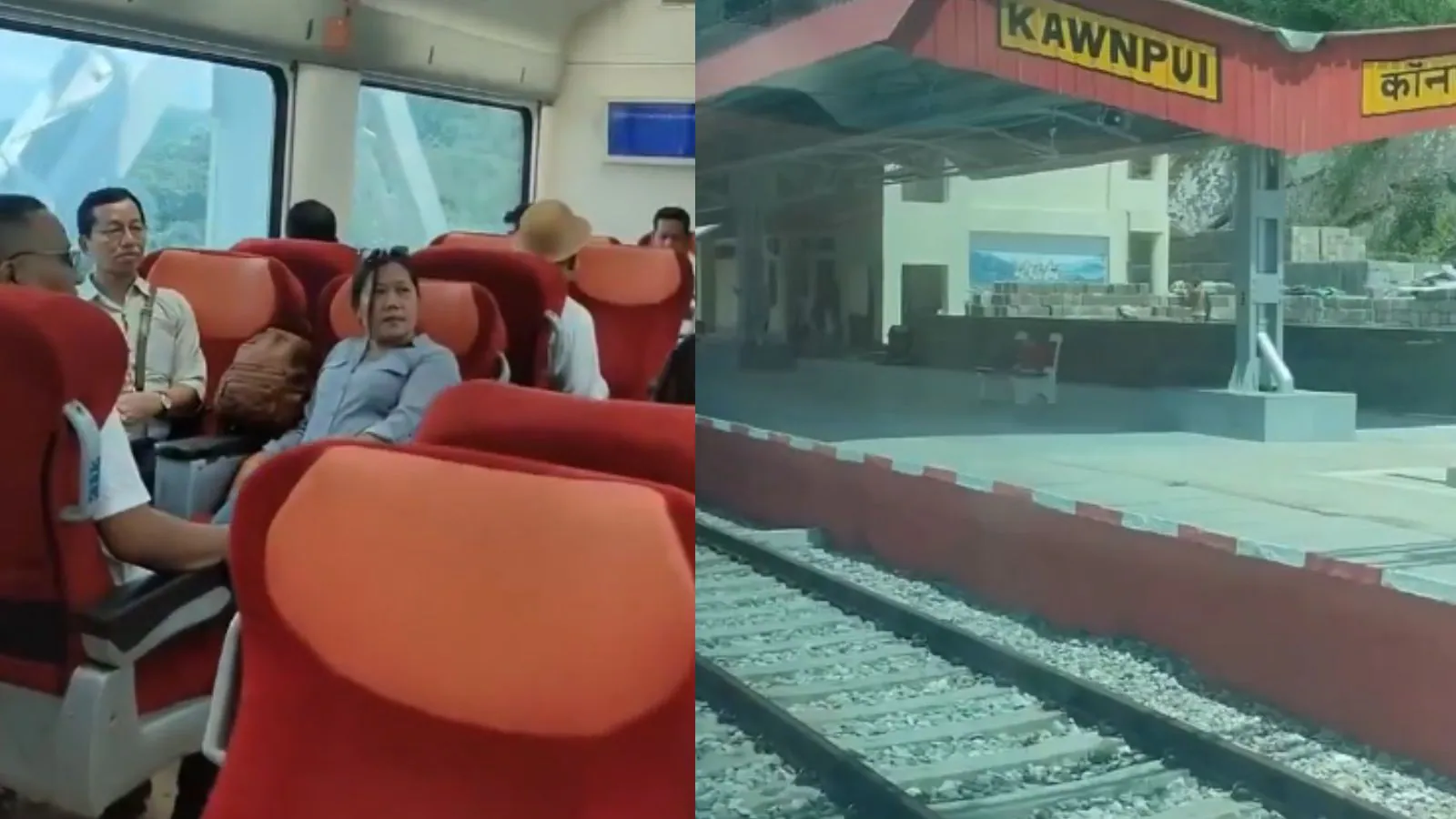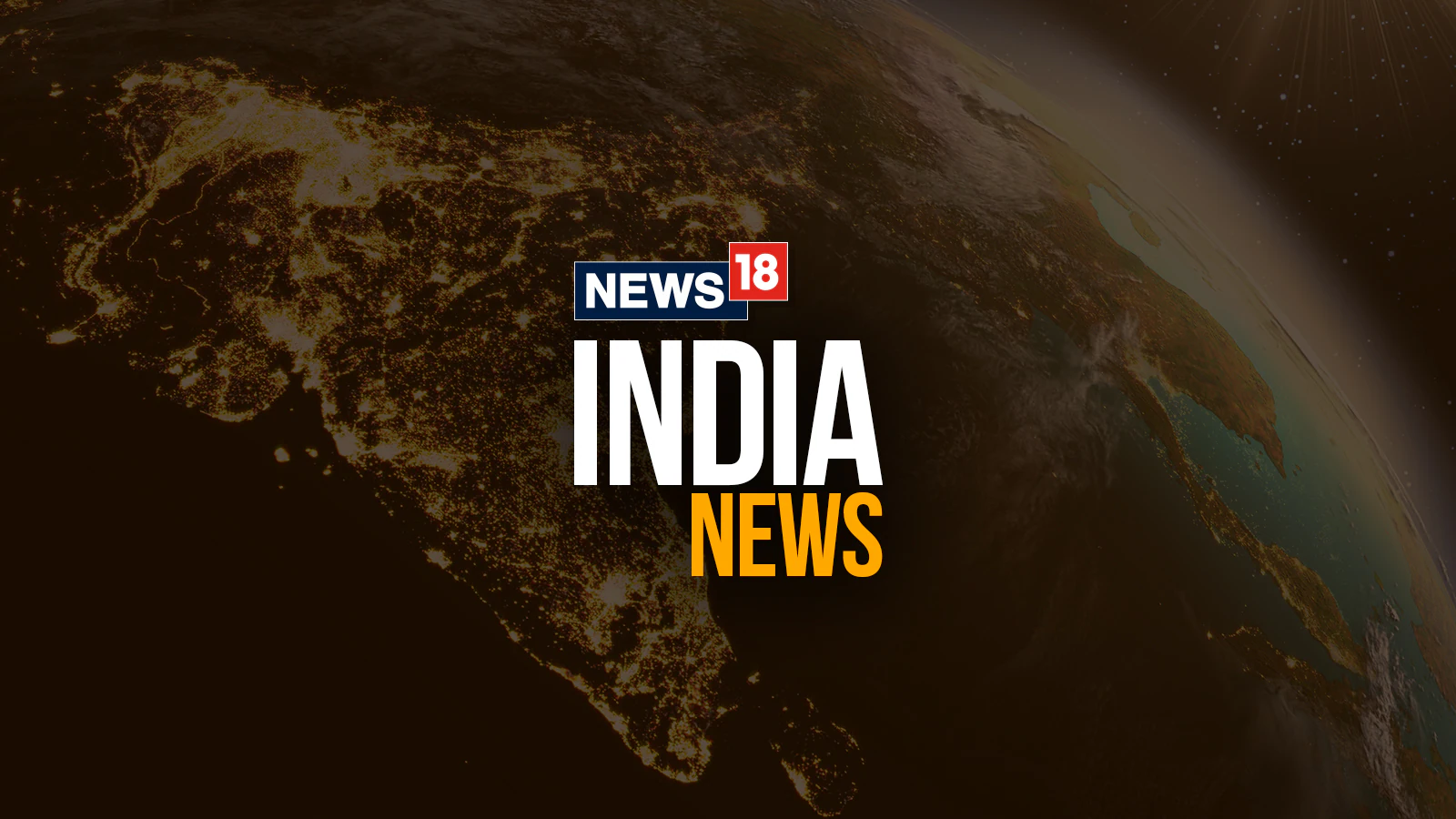Copyright dailypost

A significant proportion of Vanuatu’s population people, particularly in rural areas, still do not have access to safe drinking water and sanitation facilities. Only 19% have access to safely managed water, while 68% have access to basic drinking water services, according to the 2024 Joint Monitoring Program (JMP) by the World Health Organization (WHO) and UNICEF and the 2023 Multiple Indicator Cluster Survey, which tracks countries’ progress on water, sanitation and hygiene (WASH) through household surveys. To be classified as safely managed water, the source must be onsite, available when needed, and free chemical contamination. If the source does not meet any of these criteria but a round trip to collect water takes 30 minutes or less, it is considered basic drinking water. The overall safely managed water access is higher in the urban area with 38% compared to only 12% in rural areas. However, Director of the Department of Water Resources (DoWR), Erickson Sammy, said some informal settlements in the urban area still lack safe water. Regionally, Vanuatu is behind Fiji, Tonga, and Samoa but is slightly ahead of Papua New Guinea and the Solomon Islands. Palau and Niue, with smaller populations, find it easier to manage water safely compared to Vanuatu. Ensuring everyone has reliable access to safe drinking water by 2030 is a main goal of the National Sustainable Development Plan (NSDP), aligned with the Sustainable Development Goals. Vanuatu is ranked 48% for providing at least basic sanitation services, which is lower than other Pacific countries. Papua New Guinea, Fiji and Tonga perform better in safely managed services. Director Sammy presented the findings of the JMP at the opening of the National Water Forum, setting the stage for discussions and highlighting that much more still needs to be done for Vanuatu. He pointed out that 42% of the rural population are dependent on rainwater, emphasising that more efforts are needed to address this as rainwater is not always reliable and sustainable source. Over 80% of the household members with drinking water are affected by contamination due to human activities. Mr. Sammy also highlighted challenges hindering water development progress, such as natural disasters especially climate-change related events, and population growth. He said the forum should promote collaboration among stakeholders in streaming efforts and resources, and develop strategies for sustainable water management that can withstand environmental and social changes. Presentations were also given on WASH in schools, and the sanitation and hygiene situation analyst by the Ministry of Health. This was the first National Water Forum organised by the DoWR, focusing on strengthening the water sector through improving coordination, governance and financing. It was attended by key stakeholders from both the region and locally, including state and provincial leaders, community leaders, and donor partners.



